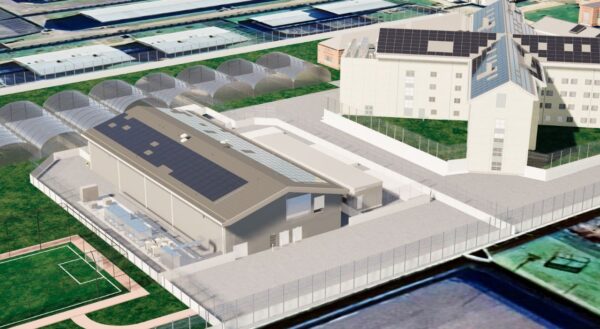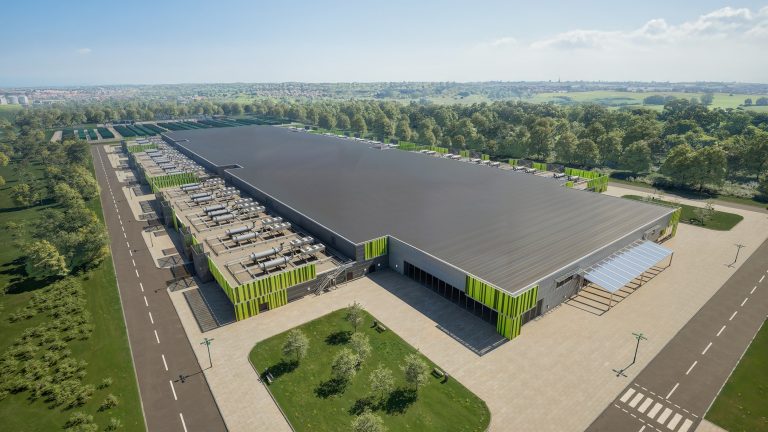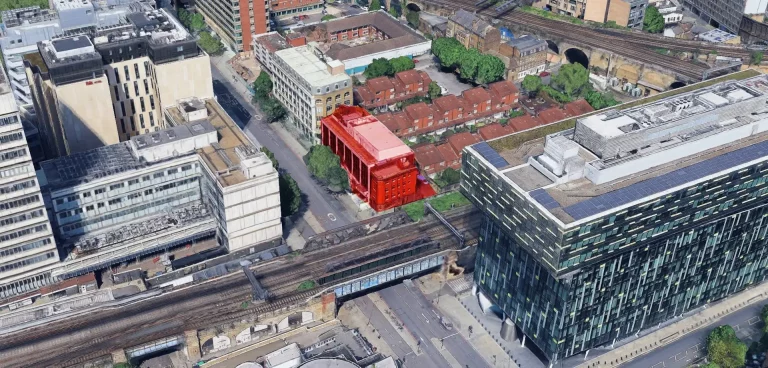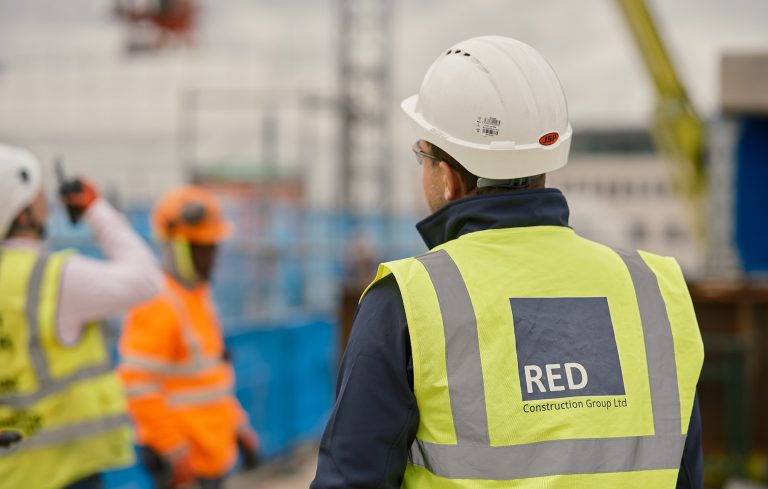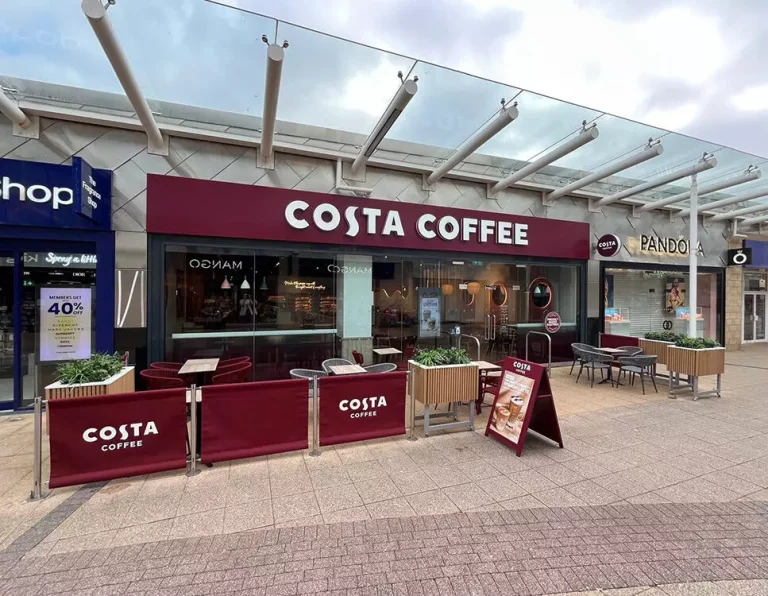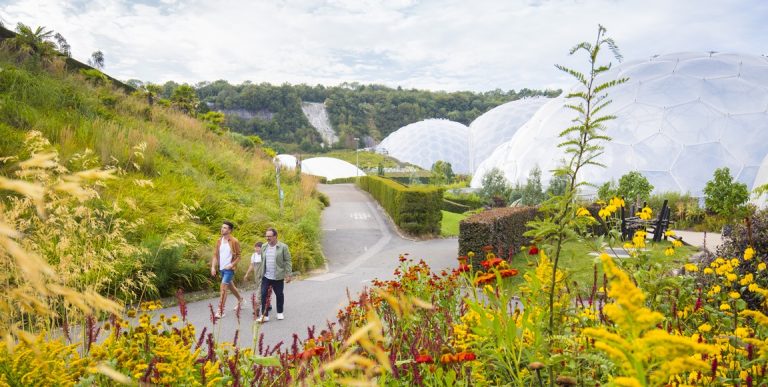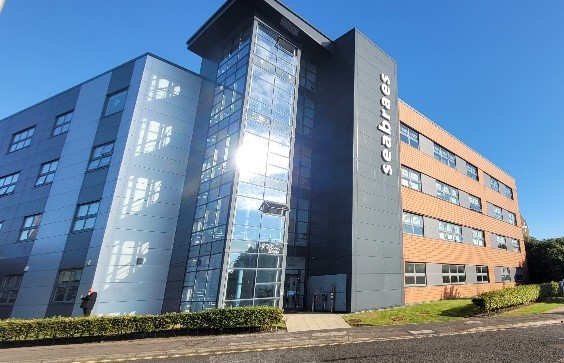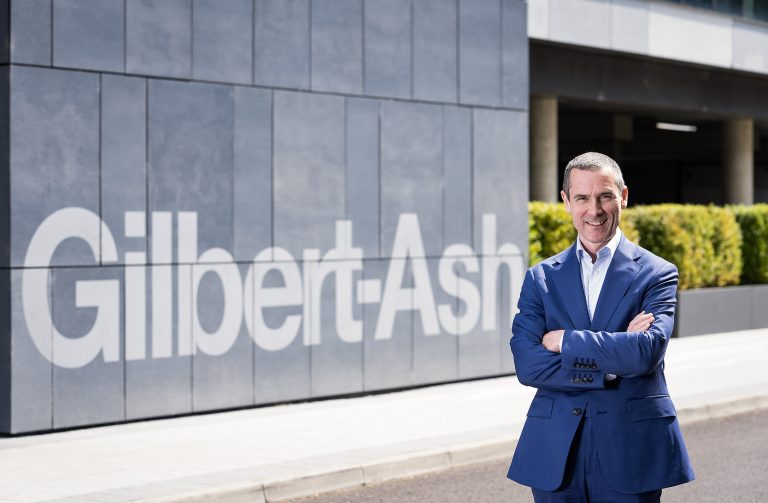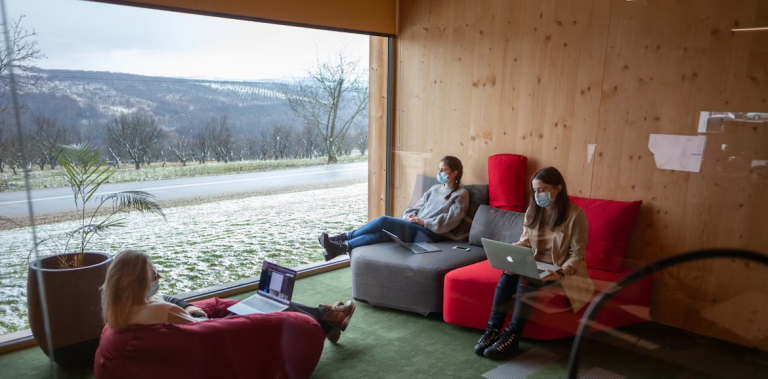Urban development in the UK is shifting towards spaces that blend work, leisure, and living in seamless ways. Increasingly, residents and workers expect environments that support both productivity and downtime at all hours. Designing buildings and complexes with this constant digital connectivity in mind is becoming an essential part of planning mixed-use developments that respond to contemporary life. Flexible Living and Working Zones Mixed-use developments are no longer just about combining shops with apartments or offices. Thoughtful design considers how people move between spaces and how technology influences their daily routines. Open-plan communal areas, co-working hubs, and private pods can coexist within the same building, allowing users to switch between social and professional activities without disruption. Developers are also taking comfort and accessibility into account, using natural light and ventilation strategies that make spaces more inviting throughout the day and night. Digital habits shape these spaces in unexpected ways. Platforms that operate around the clock, such as 24-hour streaming services or online casinos not on gamstop, often feature interactive interfaces, live streaming, and immediate feedback. The technical demands of these services illustrate how people expect instant access to entertainment and services at all times. Mixed-use developments can integrate this principle by offering high-speed connectivity, adaptive lighting, and modular furniture that supports both work and leisure. Leisure and Entertainment Integration Leisure spaces in mixed-use developments need to cater to flexible schedules. Residents and workers increasingly expect venues that are open or accessible outside traditional hours. Incorporating cafés, gyms, and communal lounges that can operate round-the-clock supports this demand. Designers are exploring how digital interfaces can improve user experience in these areas, from booking systems to real-time occupancy data. Integrating adaptable furniture, mood lighting, and multifunctional areas further enhances usability and encourages prolonged engagement, allowing spaces to serve both social and professional purposes effectively. Entertainment spaces also benefit from digital connectivity. Streaming services, interactive displays, and online platforms influence how users interact with shared environments. Understanding patterns of engagement allows developers to provide spaces that meet evolving expectations, while also maintaining operational efficiency and energy management across the property. Thoughtful scheduling, flexible access control, and intuitive layout planning contribute to seamless experiences for all users. Connectivity Infrastructure Wired and wireless connectivity is central to any development designed for a 24/7 lifestyle. Buildings must support high bandwidth and reliable networks that can handle streaming, video calls, and other data-intensive activities without interruption. Installing fibre-optic backbones, redundant network paths, and smart access points allows residents and businesses to remain connected regardless of peak usage times. Incorporating network monitoring and adaptive routing further improves reliability and reduces downtime, ensuring consistent performance throughout the property. Square Gardens in Manchester demonstrates the growing importance of digital infrastructure in mixed-use developments. The complex is designed to support residents and businesses with reliable connectivity, and it likely incorporates high-speed networks and smart building systems to maintain access at all hours. Complementing this connectivity, developers implement advanced power management measures, including backup electricity supplies, efficient cooling, and on-site renewable energy. These features create a resilient environment that can support continuous digital activity while prioritising safety, comfort, and productivity for everyone using the space. Spatial Fluidity and Adaptability Physical adaptability is a key component of mixed-use spaces for a 24/7 lifestyle. Movable partitions, modular furniture, and convertible areas allow rooms to serve multiple purposes throughout the day. Offices can transition into event spaces, lounges into meeting rooms, and corridors into pop-up installations. This flexibility extends the value of every square metre, providing developers and tenants with functional solutions that accommodate changing demands. Designers are increasingly incorporating technology-controlled elements, such as retractable walls or adjustable lighting, to enhance responsiveness and usability. Designers are also considering accessibility and inclusivity within these flexible layouts. Clear signage, intuitive navigation, and uniform standards across connected buildings help users feel comfortable moving between zones at any hour. Maintaining cohesion while allowing flexibility ensures that spaces remain practical and appealing over time. Integrated storage solutions and adaptable furnishings further support varied activities and maximise efficiency throughout all areas. Sustainability Considerations Sustainability remains a key factor in planning mixed-use developments. Energy-efficient lighting, renewable power sources, and water-saving systems reduce operational costs and environmental impact. Incorporating greenery, whether through vertical gardens, rooftop terraces, or interior plants, contributes to well-being, improves air quality within dense urban settings, and supports biodiversity in urban areas. Developers are combining these sustainable practices with digital monitoring systems that track usage patterns. Data on energy consumption, occupancy, and environmental conditions helps guide maintenance and future upgrades. Buildings designed for a 24/7 digital lifestyle can thus operate efficiently while supporting the health, comfort, and long-term resilience of all users. Conclusion Designing mixed-use spaces for continuous digital engagement requires a careful balance of technology, adaptability, and comfort. Developers must plan for constant connectivity, flexible use, and leisure integration to meet modern expectations. By focusing on spatial fluidity, connectivity, and sustainability, mixed-use developments can become environments that support life around the clock. Thoughtful design ensures that buildings are resilient, practical, and ready for the demands of contemporary urban living.
